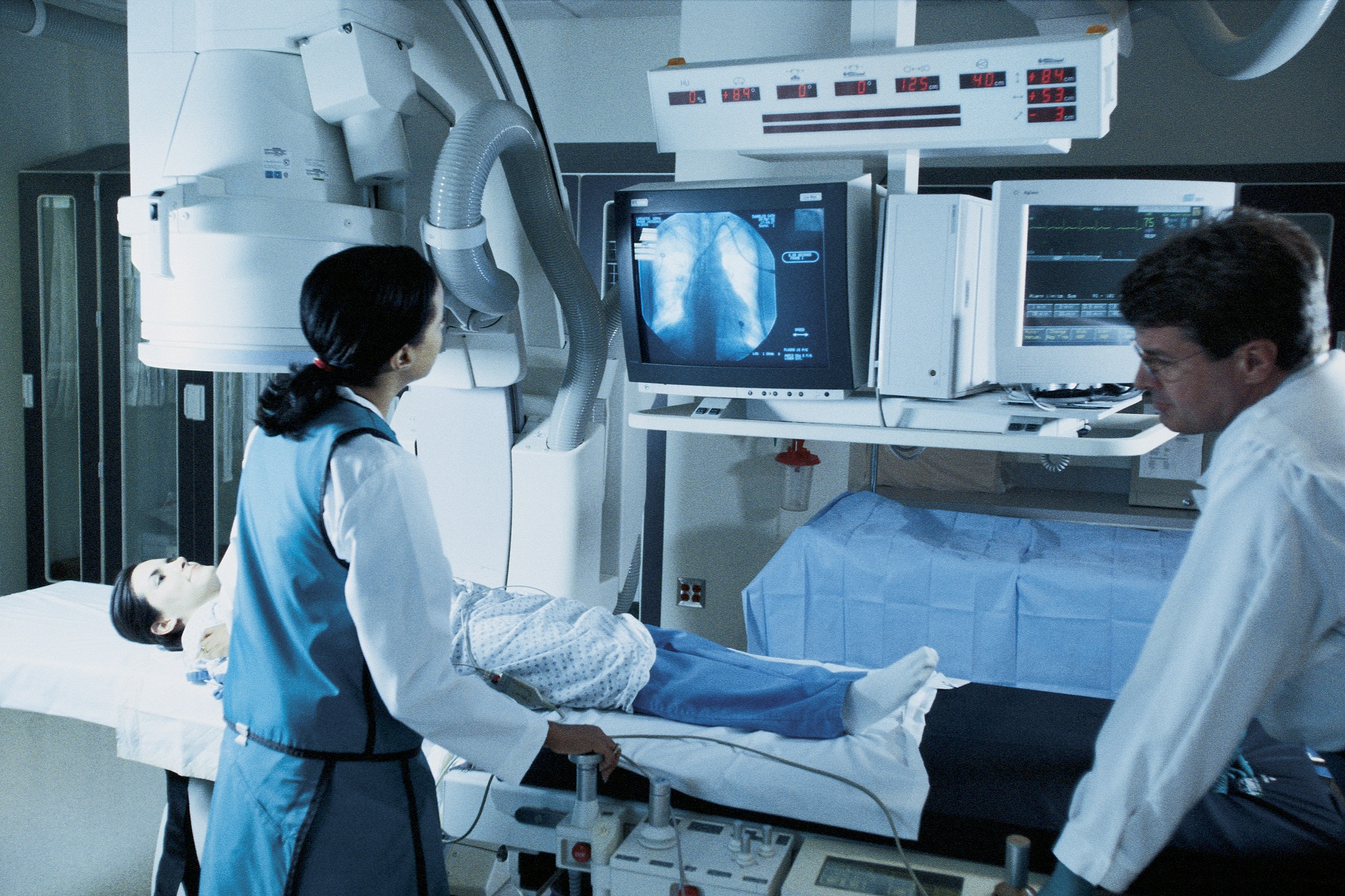An investigational device exemption (IDE) allows for investigational devices to be used in Clinical studies to collect the proper safety and effectiveness data1. Most clinical studies are conducted to support the premarket approval of a device. Investigational use includes the clinical evaluations of new intended uses or modifications to marketed devices. Before any clinical evaluations are initiated for the investigation’s devices, they must incorporate an approved IDE unless otherwise exempt. An approved IDE allows a device to the shipped for conducting investigations without complying with requirements of the Food, Drug and Cosmetic Act (FD&C Act).
Clinical evaluations of any devices that have not been cleared for market require the following: Informed consent of all patients, labeling stating the device is for investigational use, monitoring of the study and required records and reports, and the investigation plan should be approved by the institutional review board1. Investigational device exemptions may have a device sponsor, all sponsors of IDEs are exempt from the majority of Quality System Regulations except for the design control requirements under 21CFR820.30.
Good Clinical Practices (GCP) are especially important during the execution of clinical studies. GCP should be followed by all device manufacturers, sponsors, clinical investigators, and institutional review boards. Many regulations govern the process for clinical studies however Title 21 CFR 812, covers the IDE procedures for conducting clinical studies of medical devices. If your company needs assistance with medical device applications, clinical studies, and device labeling EMMA International is here to help. For expertise on medical devices contact us by phone at 248-987-4497 or by email at info@emmainternational.com.
_________________________
[1] U.S. Food & Drug Administration (December 2019) Investigational Device Exemptions, Retrieved on May 23, 2022 from https://www.fda.gov/medical-devices/premarket-submissions-selecting-and-preparing-correct-submission/investigational-device-exemption-ide





